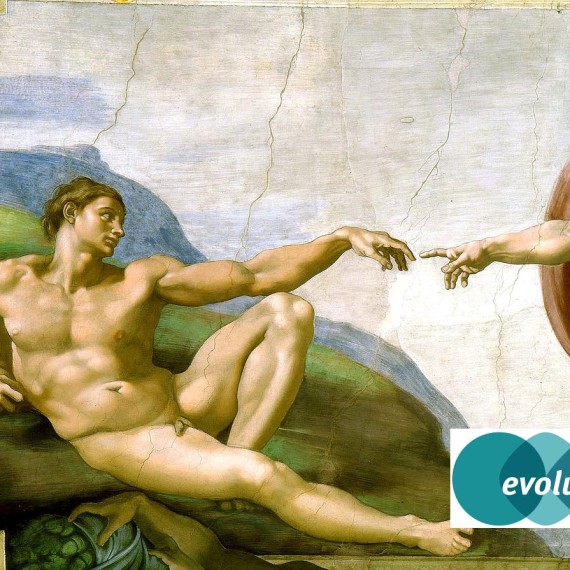

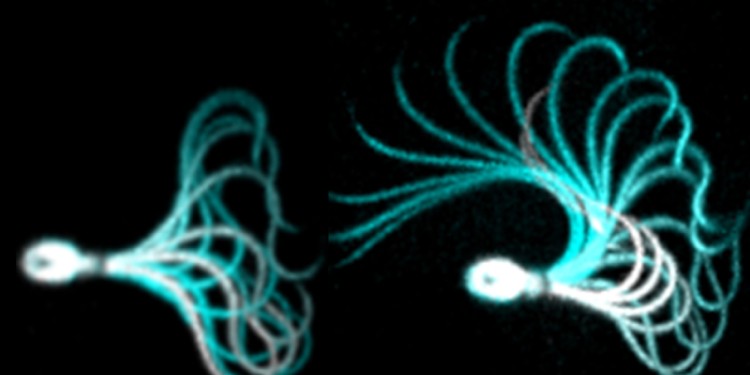
Infertility: Sperm need a breakthrough for fertilization

“We want to know what holds the world together at its inmost folds”
Events

Leibniz Prize: Fulfilment through mathematics

Reporting requirement for embargoed countries

"A great honour": Leibniz Prize for mathematician Eva Viehmann
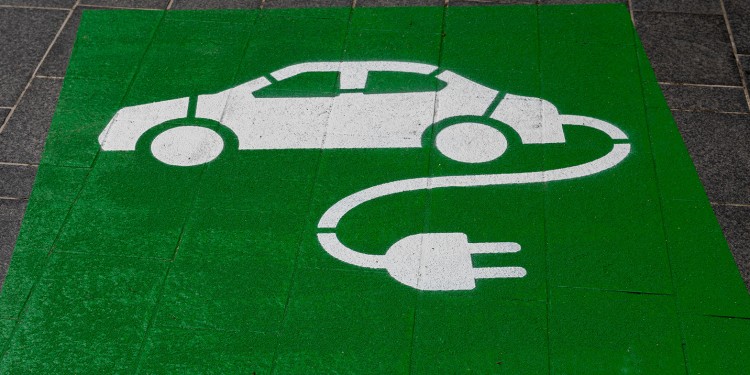
Study on battery recycling shows China is in 1st place
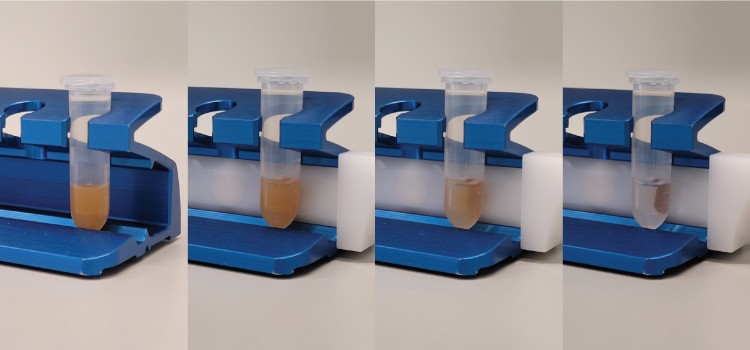
New method for localising modifications in mRNA
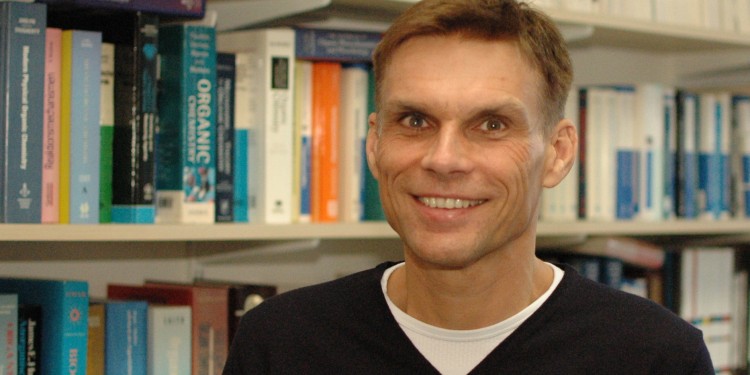
Chemist from the University of Münster receives "Paracelsus Prize 2024"
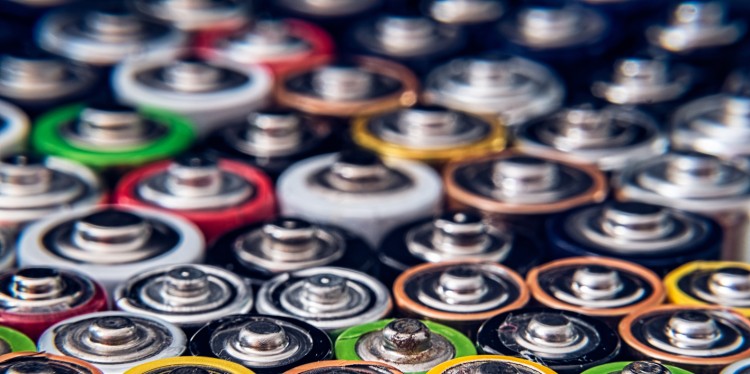
"ERC Consolidator Grant" for chemist Wolfgang Zeier
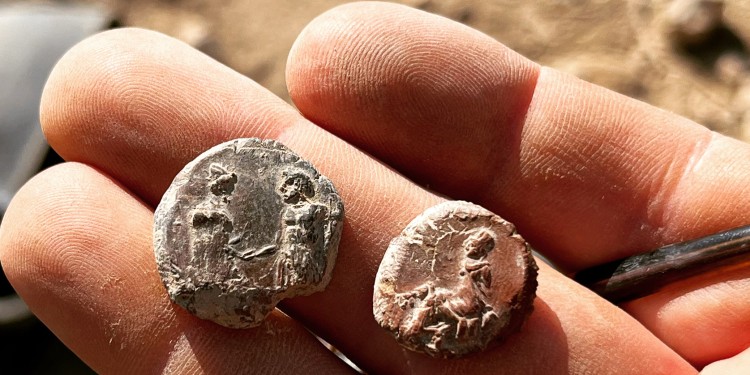
Asia Minor Research Centre uncovers city archives in Doliche

Topping-Out Ceremony for Theologies Campus
Your search did not match any of our news releases.
Suggestions:
- Make sure that all words are spelled correctly.
- Try different keywords.
- Try more general filters.
- Expand the period of time.




